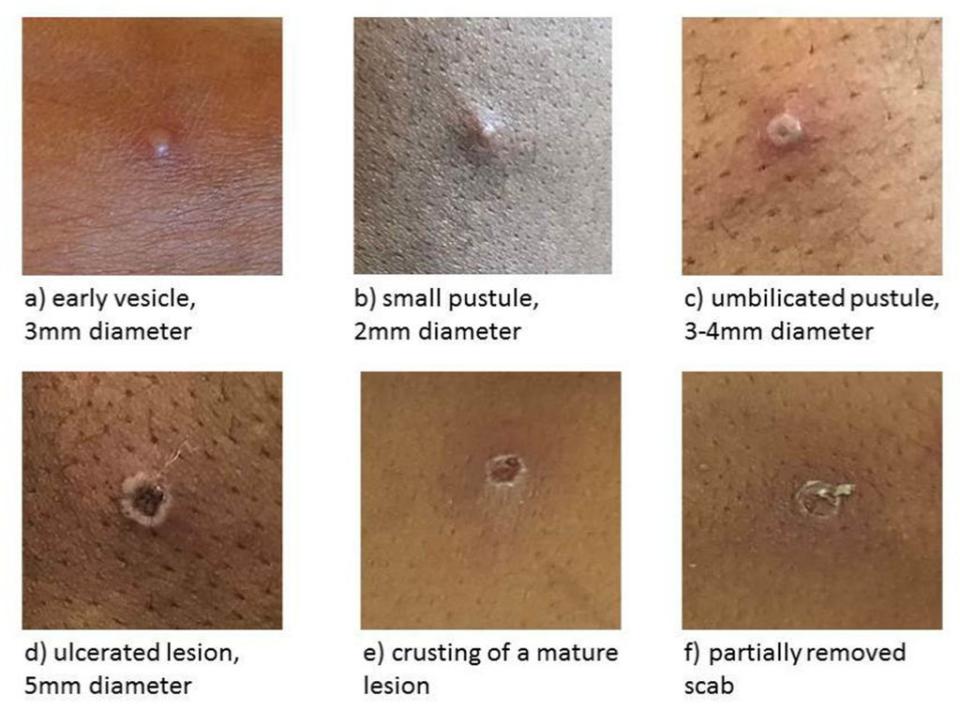Monkeypox cases likely to be ‘more widespread’ than originally thought

Monkeypox infections are likely to be “more widespread” than originally thought, according to top London health experts.
However, they are keen to reassure the public that it is not going to be the next epidemic facing the country.
A further 11 people have been diagnosed with the virus in the UK, taking the total number of cases since May 6 to 20, while infections are being investigated across Europe, North America and Australia.
Professor Jimmy Whitworth, of the London School of Hygiene and Tropical Medicine, said he anticipates more cases of the rare disease will be identified in the UK in coming weeks.
He said: “It sounds like this might be more widespread than we thought it was at first and I anticipate more cases will be found”.
Monkeypox is a rare viral infection usually associated with travel to West and central Africa.
It is usually mild and most people recover in a few weeks.
Symptoms include fever, headaches, swellings, aches and exhaustion, as well as legions forming on the skin.
On Wednesday, the UK Health Security Agency (UKHSA) said another two cases had been identified in England - one in London and the other in the South East - with neither having links to those previously found.

Professor Whitworth said this was a “cause for concern” because “there could be links of unrecognised people” and more confirmed cases were likely.
Meanwhile, Professor Francois Balloux, director of UCL Genetics Institute at University College London, agreed that the cases with no previous known links could be from “circulations that have been missed” but it was “difficult to say at this stage”.
He said that either “there are circulations that have been missed, some people who have been infected and passed it on have not been identified”, adding: “there are all in all likelihood more cases”.
Professor Balloux added that the current strategy of contact tracing and ‘ring vaccination’ were “very effective” in controlling the transmission of monkeypox.
Health experts have been keen to emphasize that monkeypox poses a low level of risk to the public.
Professor Whitworth said that there is “virtually no prospect” it would be the UK’s next epidemic.
He said: “Most people will recover fully within a couple of weeks or so, but it can be serious and people may need hospitalisation and occasionally deaths occur from this.
“We’ve not seen an outbreak of monkeypox like this in the UK before.
“It’s a serious public health challenge that’s going to take some time to get on top of, but there’s no need to panic.
“The risk to the general population is low and there is virtually no prospect this could become a large epidemic like coronavirus.”

